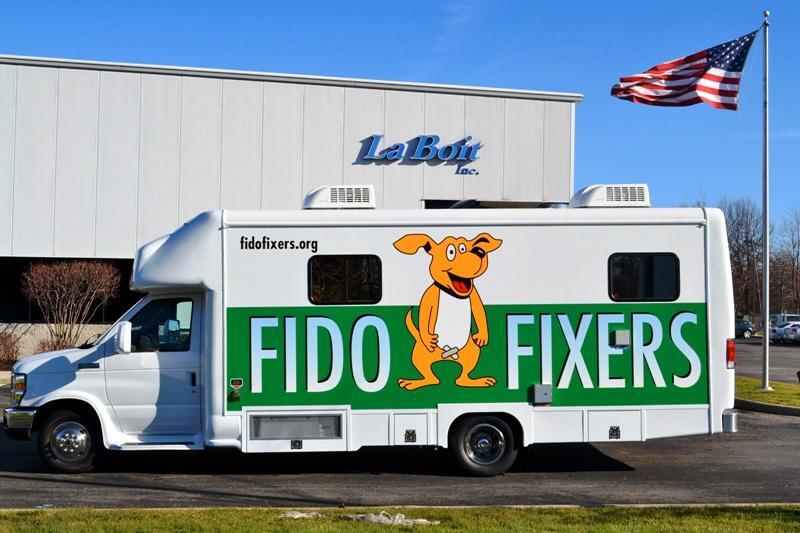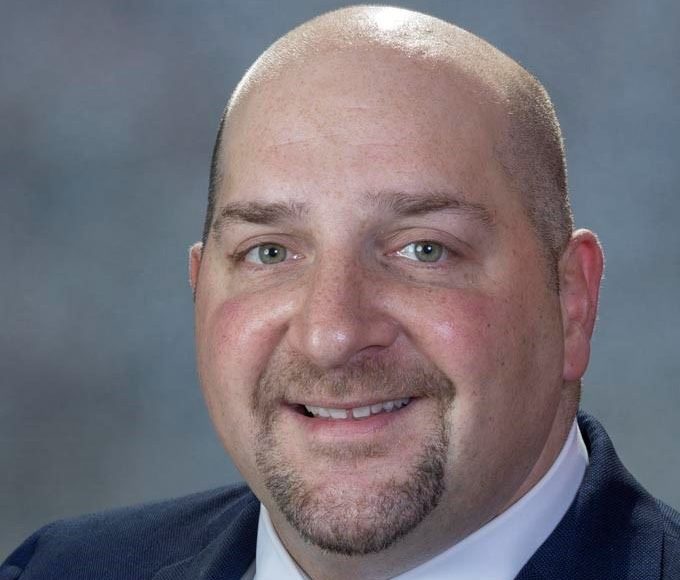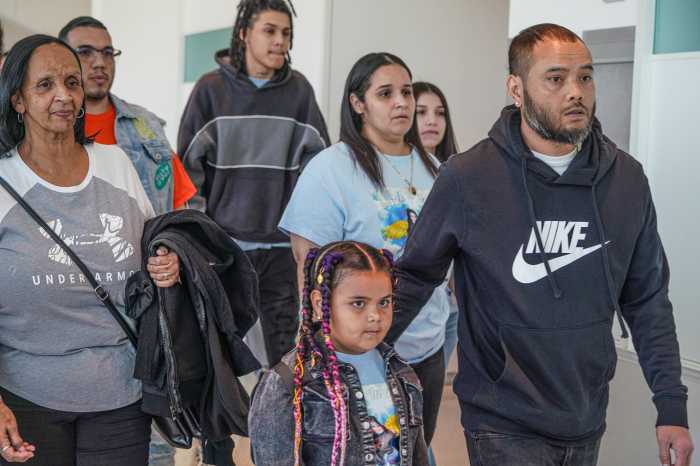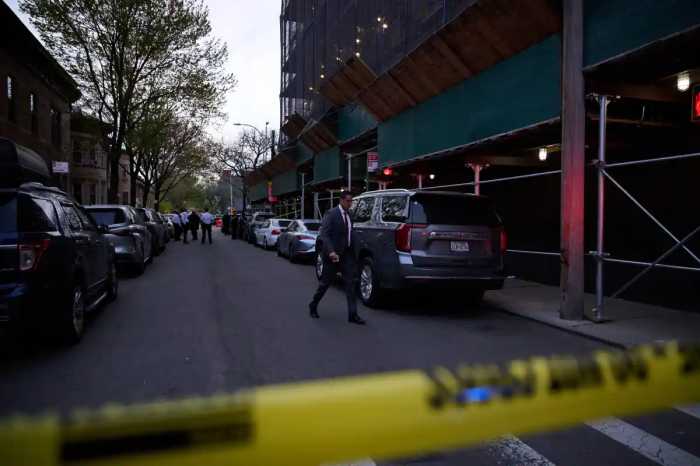Most Long Islanders are aware of the large feral cat problem that has no end in sight, but this situation is worse than you think. The average cat can have up to eight kittens per litter and two or three litters per year. This means one momma cat can have up to 100 cats and a single pair of cats and their kittens can produce as many as 420,000 kittens in just seven years.
These numbers are staggering, and while still very high, Long Island’s feral population is low compared to the southeastern parts of the United States. A never-ending supply of unwanted cats and dogs almost always leads to suffering and ultimately euthanasia. While many rescue groups often transport and rehome southern animals up north, to really make a dent in these numbers, the overpopulation needs to stop before it starts.
Lisa Wysocki and Suzanne Steinberg, co-directors of an organization known as Fido Fixers, set out to remediate this issue. Wysocki said, “We were once involved with rescue transporting, sometimes rescuing as many as 600 dogs in one year, but despite our efforts, we were not making a dent.”
Seeking guidance, Wysocki reached out to animal rights activist Bob Barker and had the privilege of speaking with United Activists for Animal Rights President Nancy Burnet, who explained to Wysocki that there are simply not enough homes for these pets, and the most effective way to reduce the amount of suffering is to spay/neuter.
Through this advice, in 2012 Wysocki and Steinberg began raising money for a spay/neuter clinic. Realizing that they would need to find partners in different areas with high kill rates, they purchased the first mobile clinic with money raised through their 501(c)(3) organization, Fido Fixers. To date, there are seven mobile clinics operating in the South; recently, and close to home, Fido Fixers has partnered with the College of Veterinary Medicine, Long Island University, to help get the feral cat population on Long Island under control.
“Since the program’s inception, Fido Fixers has conducted 95,000 spay/neuters all at low or no cost,” says Wysocki. Fido Fixers partners with shelters and veterinarians who agree to conduct at least 200 surgeries a month and pay a $1.00 per month rental fee for a mobile clinic.
“One hundred percent of our funding comes from donors, charitable organizations and grants. Not one director receives any compensation for their work and all efforts are done by volunteers. Every penny of each donation goes to vehicles and their maintenance,” says Wysocki.
If you’re interested in using Fido Fixers through Long Island University or for more information about Fido Fixers and how you can help the feral overpopulation, check out its website at fidofixers.org.
Sign up for Long Island Press’ email newsletters here. Sign up for home delivery of Long Island Press here. Sign up for discounts by becoming a Long Island Press community partner here.

































